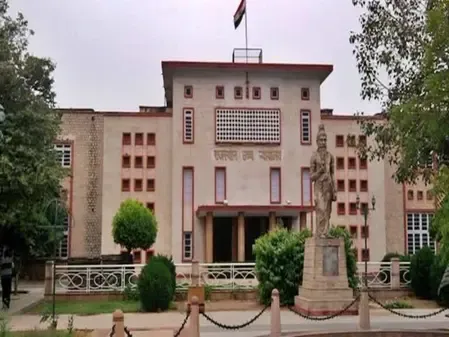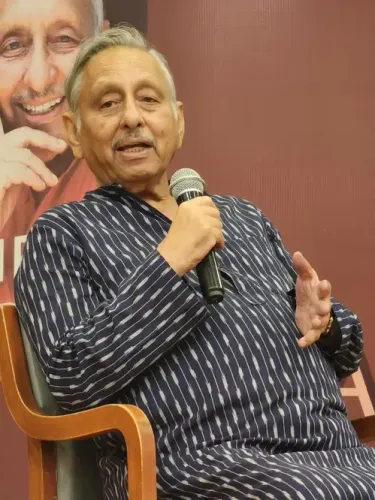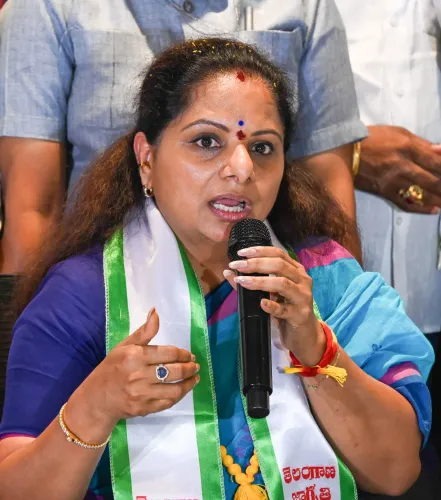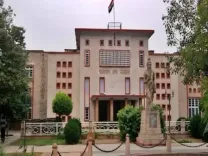Tamil Nadu allocates ₹60 crore for school renovations
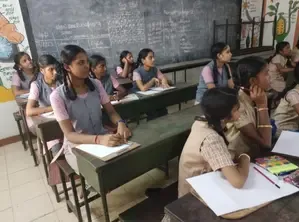
Synopsis
Key Takeaways
- ₹60 crore allocated for school renovations.
- Focus on primary and middle schools in rural areas.
- Initiative under the School Infrastructure Upgradation Scheme.
- Structural stability certificates required before renovations.
- Emphasis on safety through modern materials.
Chennai, April 9 (NationPress) The Tamil Nadu Rural Development and Panchayat Raj Department has set aside ₹60 crore for the renovation and repair of primary and middle schools within 2,338 village panchayats across the state.
This initiative is being executed under the School Infrastructure Upgradation Scheme (SIUS) for the academic year 2025–26.
The funds allocated will be utilized to identify, renovate, and repair primary and middle schools in both village and town panchayats.
According to an official notification, the upkeep of infrastructure facilities in rural schools falls under the jurisdiction of the respective panchayat unions.
In alignment with this, the SIUS has been introduced to support infrastructure development in a staged approach.
All panchayat union schools selected under the Anaithu Grama Anna Marumalarchi Thittam (AGAMT) 2025–26 are mandated to be included under the SIUS during this timeframe.
Before initiating any renovation work, all panchayat unions must secure a structural stability certificate from the Assistant Executive Engineer.
Only schools that have not had any repairs or renovations in the last five years will qualify for this renovation phase.
While evaluating damages under AGAMT, panchayat unions are instructed to address infrastructure concerns such as damage in classrooms, kitchen sheds, toilets, and water supply systems.
Renovation efforts will encompass repairs to RCC ceilings, wall cracks, damaged doors and windows, and broken flooring, which will be replaced with anti-skid tiles.
Electrical issues, including wiring and fittings, will be addressed in future upgrades as part of the smart classroom initiatives.
For kitchen sheds, toilet facilities, and buildings with water supply connections, renovations will only be permitted if no work has been conducted in the past three years.
To enhance safety and longevity, the department has mandated replacing cement or concrete water tanks with Syntex tanks.
Additionally, panchayats are directed to install rainwater harvesting structures wherever necessary.
A committee including the Block Development Officer, Assistant Engineer, Block Education Officer, School Principal, and Village Panchayat President will be tasked with selecting and finalizing the renovation projects.
To guarantee quality and accountability, the District Collector, Additional Collector/Project Director of the District Rural Development Agency (DRDA), and the Executive Engineer/Assistant Executive Engineer of the Revenue Department will oversee and verify the execution of the repair works.

